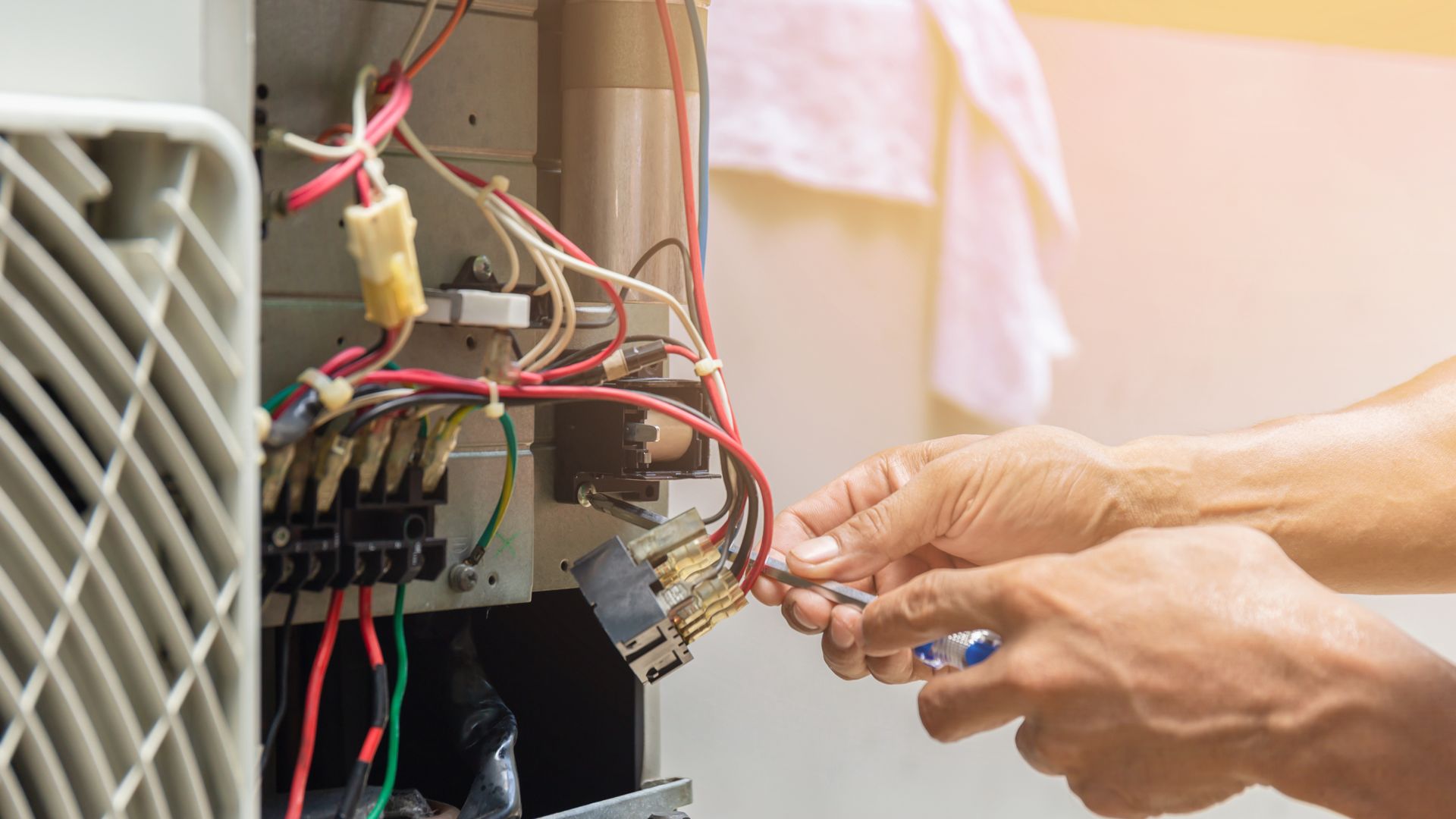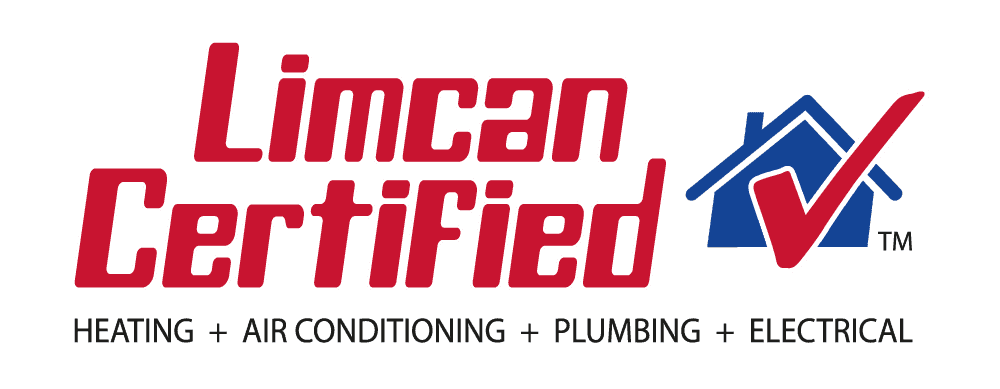What to Look for When You’re Upgrading Your Home Comfort for the Cold.
It’s a tried & tested tradition for Canadian homeowners: sooner or later, that central furnace – whether it was barely brand new on a moving day, or showing signs of slowing down just a few weeks after settling in – will need to be replaced.
It could be years down the road, true. While most are designed to last 15 to 20 years, on average, the fact remains that, eventually, maintenance & repairs won’t be enough: it’s time for a new furnace.
So, where to start in your search?
What to look for first in a new furnace will depend on your priorities as a homeowner.
You might simply want the most cost-effective option, or you might want the latest model off the line.
Or, you might want to know more about a home heating system you’ve heard good things about from a friend or neighbor.
To make things easier, we’ve put together this handy furnace-buying checklist to help you focus on all the factors that go into the purchase of a new home heating system.
Take a look at these must-knows before you start shopping so you can be confident that your new furnace will fit the home comfort needs of you & your family.
Buying a New Home Furnace: A Step-by-Step List
- Know when it’s time to replace your furnace.
- Calculate your budget.
- Determine how much space your home has for a new furnace.
- Think about energy & cost savings.
- Ask about financing options.
- Talk to the experts.
Step 1: The right time to buy.
How Do I Know When I Should Replace My Furnace?
A good question, and a very important one to ask before you dive too deep into your search.
It can be hard to know when a furnace failure is just a fix away from being just right again, or if your home heating is indeed on its last legs.
Maintenance & repairs can go a long way, but every system has a limited lifespan. Here are some signs that your furnace is indeed on its way out, and that it might be time to start looking at replacements:
Age.
As we covered at the beginning of this article, most furnaces will last between 15 to 20 years.
Once you hit that 15, you’ll want to keep a closer eye on its day-to-day performance; if you’re seeing consistent furnace failures at this point, your system may be getting too old to keep up for much longer.
A Home Comfort Advisor can help you book an appointment with a certified tech to take a look and help you determine if the unit can be repaired or if it’s time to replace.
You’re always cold nowadays.
Something seem off this winter? Furnace not kicking up as much heat as it used to? That doesn’t necessarily mean your home heating system is on its way out, but it’s definitely a bad sign.
It’s wise to book a repair first and see if there’s another issue causing a lack of heat, but be prepared for the big news that you might need a full system replacement.
Problems with your furnace’s cycle.
Normally, a furnace is designed to kick into gear once the temperature hits a level below the thermostat’s settings. It brings the temperature back up, then turns off again until the same thing happens; rinse, repeat.
But if there are sudden and noticeable issues with this cycle – for example, will your furnace just not stop running? – that could be a sign it needs a replacement.
Consistently higher energy bills.
It’s important to keep an eye on your monthly bills for the general reason of budgeting, but in this instance it can also help you determine if there’s an ongoing issue with your furnace that may warrant a replacement.
If you’ve noticed that your costs have gone up significantly compared to the previous year, your furnace may not be performing up to par. Why that may be is up to a professional to decide, and is why regular furnace maintenance is so important, especially in the fall and winter months.
Consistent repairs.
Notice you need a lot more home heating service calls this year?
A dying furnace may be to blame.
Calling in the techs for a furnace fix isn’t out of the norm, but if it’s something you’re doing with alarming frequency, the system may have bigger problems than turning a wrench can fix.
If you’re concerned about this, be sure to ask one of our techs next time you call in for a furnace repair.
Your furnace is excessively noisy.
Furnace making a fuss and driving you nuts with noise?
An aging furnace also has the potential to be a very noisy furnace. That might be an indication that the system is failing and needs, at the least, a thorough look.
From there, it can be determined if it’s better to replace the furnace than fix it based on a technician’s assessment.
Dust/soot through your home & near the furnace register/grille.
One of the more dangerous signs that you may need a furnace replacement is a lingering amount of dust or soot throughout your home, along with consistent dry air.
This is a bad sign, and can be a result of a buildup of dust and soot in the furnace’s register/grille. If you notice these symptoms, get your furnace checked by a professional as soon as possible.
Yellow flames.
Yellow flames from your furnace are a potential sign that it could be producing carbon monoxide, that you have a gas leak, or that the furnace has an improper combustion process.
All three are extremely dangerous and potentially fatal issues that should be looked at immediately. Contact a Home Comfort Advisor to schedule an inspection and determine if you need a furnace replacement.
Step 2: Budget.
How Much Is It Going to Cost?
Once it’s been decided that a new furnace is needed, this is the factor that 99.9% of homeowners will ask themselves first, and we’re willing to bet it was top of your list, too.
Let’s just get this out of the way: yes, it’s a hefty price tag; new appliances always are.
But the important thing to keep in mind is what it is you’re paying for: this is a long-term investment for you and your family’s home comfort, as well as an investment in your home itself.
Everybody’s on a budget. But cutting corners when it comes to the cost of a new furnace is not recommended. This is one of those purchases where you get what you pay for.
If you don’t want your new home heating system to turn into a constant battle of maintenance, repairs, and buyer’s remorse, make sure you keep this in mind and budget for it.
Step 3: Size, space & BTUs.
What Kind of Furnace Should I Get? What Do I Have Room For?
Another thing a new furnace is not: one size fits all.
Aside from figuring out your budget, it’s essential that before you begin shopping in earnest, you take the right measurements: you don’t want installation day to get here, only to find out your new furnace won’t fit or meet your needs for comfort.
How can I make sure I choose a furnace with the right size and BTU?
You’ll want a professional to make this official call, but the following factors will play a key role in helping you choose the right furnace for your home:
- Overall size & layout of your home
- Overall square footage of your home
- Number of floors in your home
The climate of your area will also be a big step in making this choice: colder areas, for example, will want a central furnace that outputs more BTU.
There are, however, many different factors that will help narrow down your decision in choosing the best furnace for your space.
Questions? Contact a Home Comfort Advisor today and learn how we can help you choose the right home heating system for your needs.
Step 4: Efficiency & Savings.
How Can I Choose a Furnace That Will Save Me the Most on Energy & Heating Bills?
Modern furnaces have shifted towards emphasizing energy efficiency over the years, with more climate-conscious, budget-friendly choices becoming available for homeowners.
That means it’s not difficult to find a heating system that’s designed to be as efficient as possible; in fact, you’d likely have to go out of your way not to find a furnace with an eco-friendlier & more economically-minded design.
So the challenge isn’t so much finding an energy-efficient furnace; it’s in finding the right energy-efficient furnace for your home’s size & climate, as well as your budget – not just in terms of the upfront investment, but in terms of the monthly costs you’d be looking at based on performance.
A Home Comfort Advisor can help you choose the right system based on all these factors and your individual needs.
Step 5: Financing Options.
Can I Finance a New Home Furnace?
Still, have worries about the budget? Good news: you can finance a new home furnace.
We offer financing options for homeowners who are concerned about the upfront, initial investment of a brand-new home heating system.
Take a look at our current deals for more information.
- Pay No Interest and Make No Payments!
- Own a New Home AC & Furnace for $72/Month
Step 6: Ask a Home Comfort Advisor.
Who Can Provide Me With Expert Information on a New Home Furnace?
We’ve done our best to provide an overview of the main boxes to tick when you’re making the decision to replace your home heating system, but this is a big purchase and we know it’s likely a lot of questions remain.
Feel free to reach out to your local Home Comfort Advisor to ask for expert advice on how to know if it’s time to replace your furnace and what to look for when you do.







